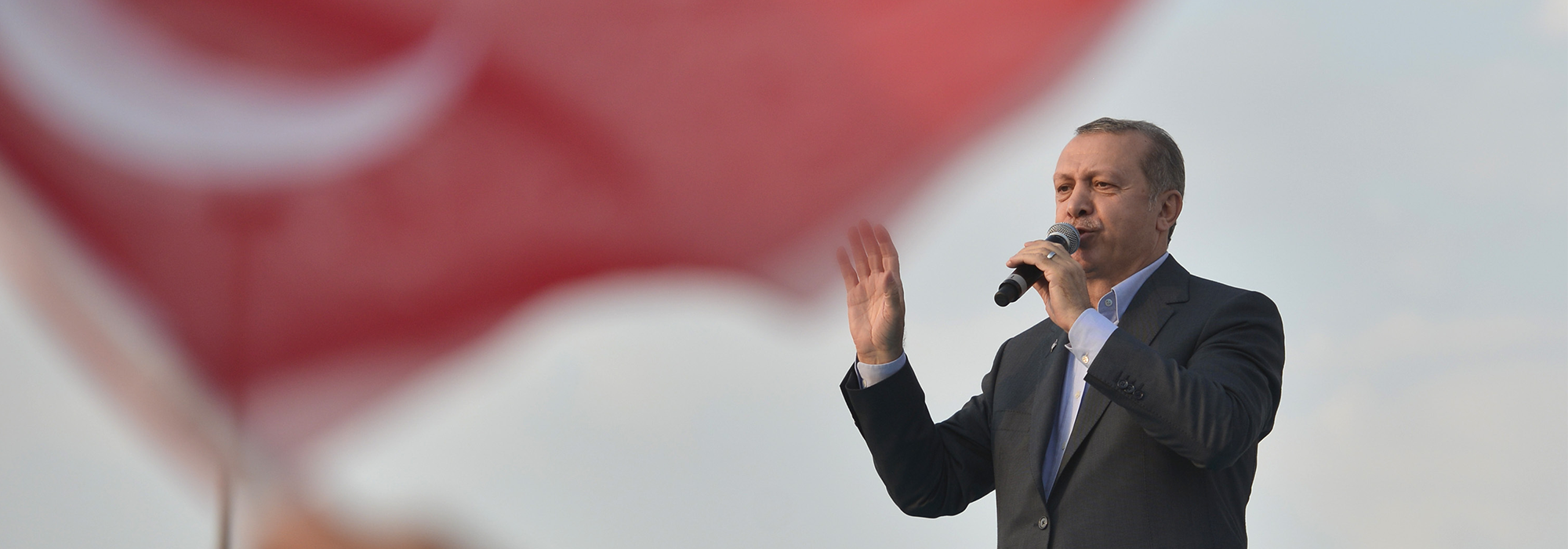
At the same time, it underlines the Turkish hesitations about deeper cooperation with either Russia or Iran. In recent days, Turkey has won an international arbitration claim against Iran over gas pricing and decided to take Russia to arbitration in another case.
The victory of Turkish President Recep Tayyip Erdogan’s AKP in the elections means that it will be possible for the country to go forward on its energy policy after months in limbo, during which the caretaker government could not take significant decisions and it was not clear which factions or which party would control the energy ministry.
This development will underline Ankara’s support for full development of Azerbaijan’s offshore Shah Deniz II field and the European Union’s Southern Gas Corridor (which some are beginning to call the “Southern Energy Corridor”). It will pipe gas through South Caucasus Pipeline (SCP), Trans-Anatolian Pipeline (TANAP) and Trans-Adriatic Pipeline (TAP) to an Italian interconnector.
First planned for a volume of 16 billion cubic meters per year (bcm/y), TANAP’s volume has at Europe’s request been scaled up to 23 bcm/y projected by 2023 and 31 bcm/y projected by 2026. This last figure could theoretically be doubled if gas comes on-line from Turkmenistan across the Caspian Sea.
Russia will not be supplying southern Europe, as complications over the so-called Turk Stream pipeline (Russia-Turkey under the Black Sea and supposedly on from there to Europe), have led the Russian side publicly to admit that its maximum volume might be 31 bcm/y (of which half for Turkish consumption) rather than the 63 bcm/y originally announced.
Yet even that is doubtful, in view of Gazprom’s new plans to double the volume of the Nord Stream pipeline (under the Baltic Sea to Germany for general European distribution) with German industrial cooperation: assuming that Brussels gives the go-ahead for this.
It is possible but unlikely that liquefied natural gas will reach Spain, perhaps late in the next decade at the earliest. Meanwhile Azerbaijan, which has diplomatically offered to Iran some general energy cooperation, will remain secure with TANAP (where its state company SOCAR is the operator and majority owner), guaranteeing that it will be able to supply however much gas that Europe will want.







